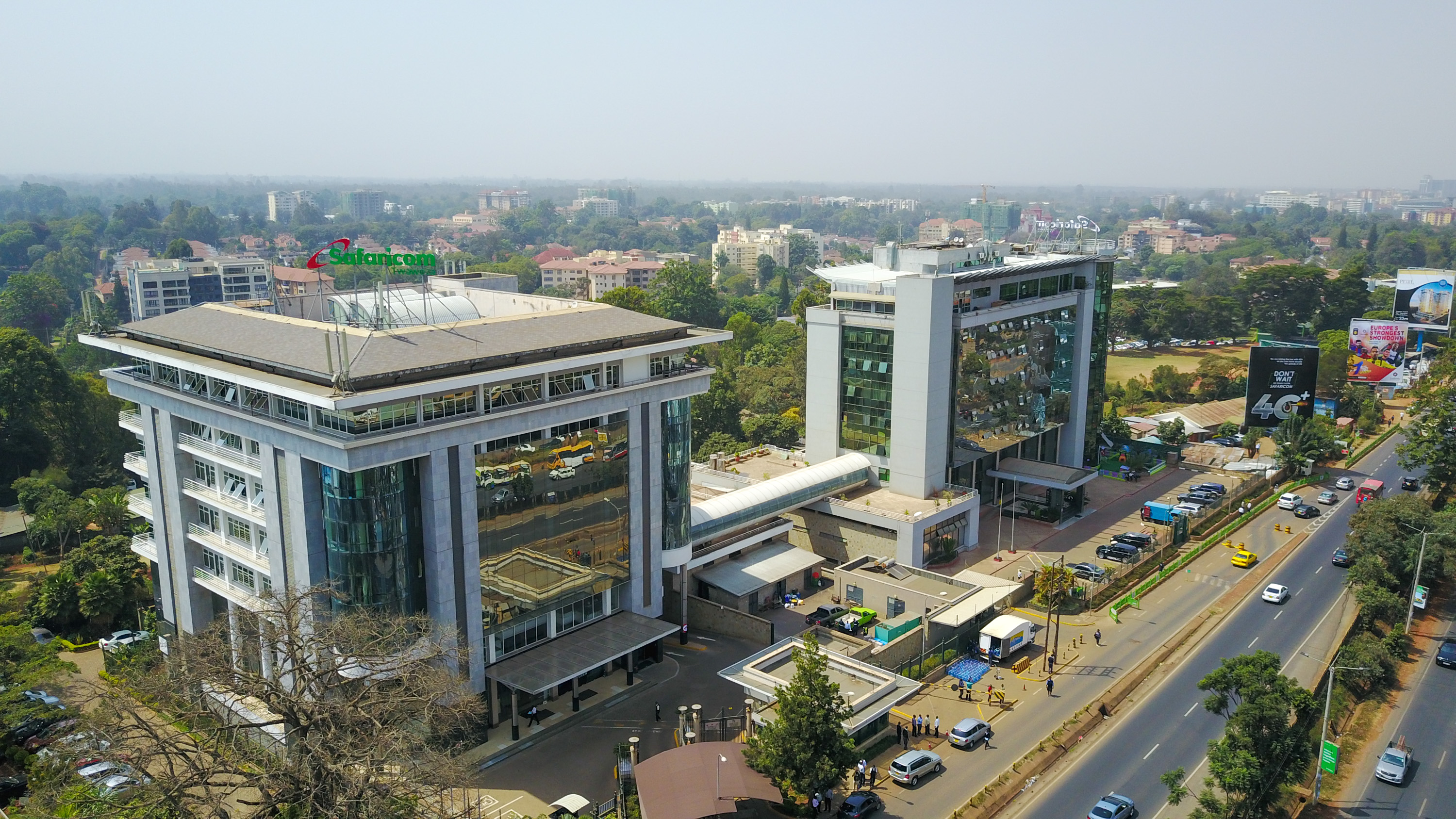New technologies Boosting SMEs Profits in Kenya

A couple of weeks ago, a friend sent me a very interesting article on Kenya’s paradigm shift in technology. The article talks about how technology has become an integral part of of our culture as a country and also how we have emerged as a technology powerhub to reckon with.
Kenya boasts of world class innovations such as Safaricom’s M-Pesa which has completely revolutionized financial freedom and mobile technology for millions of Kenyans. In fact, M-pesa has been described as the most disruptive innovation ever from Kenya. It has created a new market and value network, disrupting the existing ones and becoming a major competitor against the established market leaders in the financial services sector in Kenya.
The product has received so much global attention due to its uniqueness, innovativeness and rapid attention as well as the impact it has made to the larger kenyan population. It has made it possible for people to transfer money from person to person, pay utility bills and much more. For small businesses, M-Pesa has contributed significantly to financial profits.
Most small business in Kenya currently rely on technology to increase efficiency, grow profitably and improve performance. This technologies are also helping the businesses improve their outcomes significantly.
Keeping up with the fast pace of technological change can be difficult for small business owners who are already struggling to keep their businesses afloat. But to gain a competitive age in 2017 and beyond these these technologies need to be adopted as they encompass nearly everything a small business would need. Technology is beginning to assist in managing small and medium enterprises (SMEs) better. According to an article by Dr.Bitange Ndemo published in the Daily Nation, failures arise from entrepreneurs’ inadequate understanding of the real insights into the market; inadequate understanding of technical requirements; poor financial understanding; lack of venture uniqueness; and ignorance of legal issues, to mention but a few of the most common mistakes that often lead to failure.
Dr. Ndemo however agrees that technology is increasingly becoming a great enabler for businesses and that it has also become essential for all types of businesses, but more importantly SMEs. Businesses are now using capabilities such as social networks, cloud-based service and data analytics to expand their business reach to new clients and markets.
Safaricom empowering SMEs through innovative products

Companies like Safaricom are in the forefront in coming up with new solutions to empower SMEs. In June this year, Safaricom in partnership with mSurvey launched Consumer Wallet, an online mobile platform that uses SMS to map offline consumer spending habits and trends. Majority of the country’s consumer spending happens at informal businesses, which presents an informal gap for businesses looking to explore new business opportunities in the sector. Consumer Wallet plugs this gap by providing unprecedented insight into the spending habits of such ‘’offline’’ consumers.
Safaricom’s ‘Ready Business’ solution also targets SMEs in the country. The solution bundles together voice, connectivity and cloud solution with the aim of empowering entrepreneurs a platform set up and grow their businesses. Through ‘Ready Business’ SMEs can gauge their business stability based on up to 18 parameters. These parameters will range from items such as nature of their business, the locations they operate from among others helping SMEs take advantage of new opportunities and also respond quickly to shifting market solutions. This constantly improves employee productivity and engagement and as well as customers service experience across all contact channels.
SMEs can benefit from adopting new technologies
These technologies are giving SMEs an opportunity to fix the different problems they are facing. They provide a wide range of tools SMEs can use to guide their businesses through the startup and growth stages. This helps them to streamline workflows, slash time spent on repetitive data entry and inefficient processes, gain better insights into opportunities and threats, and create new business models.
According to Kenya’s Vision 2030, SMEs will be a major driver of social development as well as a key lever in the enhancements of our country’s global competitiveness. With help from companies like Safaricom, progressive SMEs are well positioned to tap into new customer requirements, improve customer engagement and experience, and also enter new markets. As they move forward, they will continue to outpace their peers and reshape the SME market.
Read>>Infographic: The Benefits of Enterprise Resource Planning (ERP) for SMEs
Featured Image: Safaricom House




One Comment